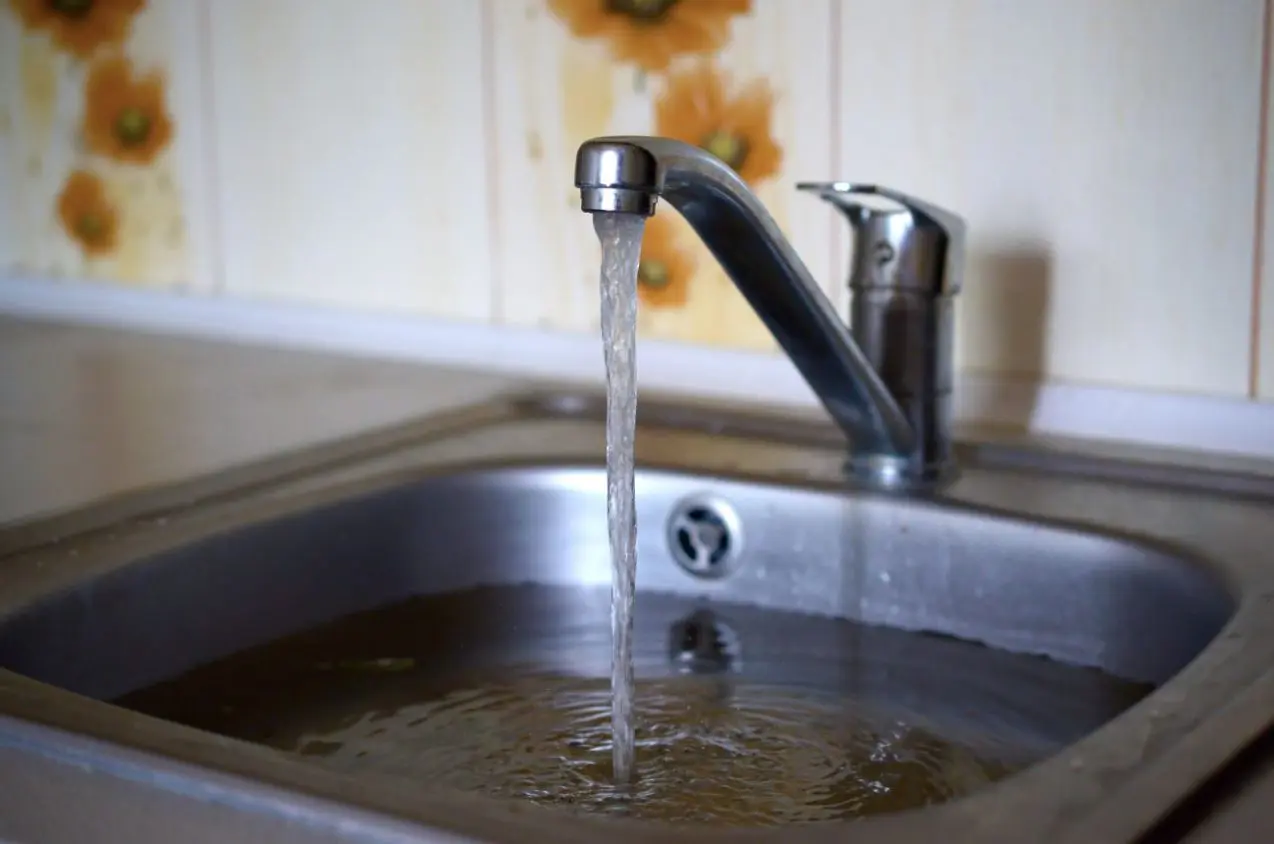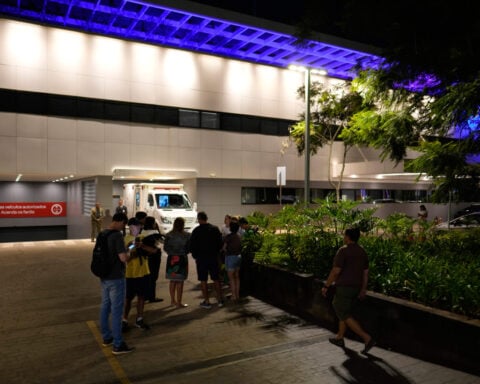A young couple in Beijing endured a nauseating ordeal after discovering a hidden pipeline had secretly been supplying their kitchen taps with toilet water for over six months. Only upon developing an unshakable cough and strange outbreaks of hair loss did the pair finally trace the source of their deteriorating health back to drinking and cooking with liquid siphoned straight from the latrine.
According to boyfriend Mr. Tan, subletting an apartment with his girlfriend earlier this year initially proceeded smoothly until the roommates noticed concerning changes to their wellbeing soon after moving in. His hacking cough worsened while acne and hair loss accelerated - leaving doctors flummoxed.
Yet an even ruder awakening lay ahead when the observant tenant realized he had never received a water bill over their nearly half-year tenancy. Sensing something amiss with the uninterrupted flow, Tan ran tests revealing the infuriating news: an illicit extra pipe had linked toilet tanks directly to the kitchen water supply.
In other words, both had unwittingly ingested landlord excrement for the entirety of their $1400 per month occupancy. And the unauthorized bathroom brew proved toxic in ways extending beyond acute disgust.
With their apartment literally tapped into a choked pipe, documenting evidence of lasting contamination came easy. But holding the rental firm liable for damages requires proving willful negligence given Chinese law. Thus Tan finds himself locked in frustrating legal wrangles even after shutting off the appalling DIY waste redirection.
The landlords argue subterranean well water feeding neighbouring tenant toilets passed safety checks in March - but crucially omit addressing the unauthorized loo-to-larder connection itself. They also claim informing clients on alternate water arrangements remained an optional courtesy. But ethical questions swirl
over why anyone ever deemed the jury-rigged system satisfactory for human consumption.
Because while bottled water suffices most cooks, only after contracting violent illness did Tan uncover relying daily on successful flushes to access one's kitchen configuration - much less without consent. And ambiguity over when redirection began means the true period drinking wrong-end waste grows hazier by the day in hindsight.
Yet focusing forward, transparency must rule in preventing future foul hijinks while assisting affected individuals. Health officials urge testing for infections like hepatitis to provide care and document damages. But verifying responsibility also falls to building code and plumbing overseers investigating if negligence enabled such poisoning in the first place.
Because strong regulation, not stronger stomachs, offers the last line of defense against digestive tract atrocities after the fact. Law and contemporary standards must catch up to risks where outdated construction still sanctions disaster behind oblivious facades. Especially with cramped shared urban housing spreading globally, only robust front-end rules ensure back-end contamination stays safely down the drain alone.

 Trump has begun another trade war. Here's a timeline of how we got here
Trump has begun another trade war. Here's a timeline of how we got here
 Canada's leader laments lost friendship with US in town that sheltered stranded Americans after 9/11
Canada's leader laments lost friendship with US in town that sheltered stranded Americans after 9/11
 Chinese EV giant BYD's fourth-quarter profit leaps 73%
Chinese EV giant BYD's fourth-quarter profit leaps 73%
 You're an American in another land? Prepare to talk about the why and how of Trump 2.0
You're an American in another land? Prepare to talk about the why and how of Trump 2.0
 Chalk talk: Star power, top teams and No. 5 seeds headline the women's March Madness Sweet 16
Chalk talk: Star power, top teams and No. 5 seeds headline the women's March Madness Sweet 16
 Purdue returns to Sweet 16 with 76-62 win over McNeese in March Madness
Purdue returns to Sweet 16 with 76-62 win over McNeese in March Madness








